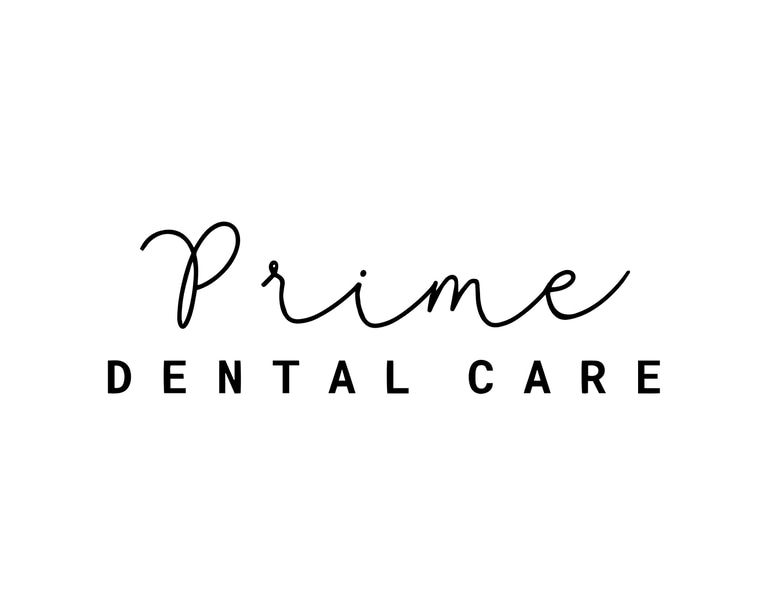Can Chewing Gum Be Good for Your Teeth?


Can Chewing Gum Be Good for Your Teeth?
When you think of healthy habits, chewing gum might not be the first thing that comes to mind. But believe it or not, sugar-free chewing gum can be good for your teeth—when used the right way.
Let’s break it down.
The Benefits of Sugar-Free Gum
✅ Boosts Saliva Production
Chewing stimulates saliva, which plays a major role in:
Neutralizing acid in your mouth
Washing away food particles
Strengthening enamel with minerals
✅ Helps Prevent Cavities
The extra saliva helps reduce bacteria buildup and acid attacks—two big contributors to tooth decay.
✅ Freshens Breath
Minty gum helps temporarily improve bad breath, especially after meals.
✅ Reduces Dry Mouth
If you struggle with dry mouth (due to medication or health issues), sugar-free gum can offer much-needed relief.
What Kind of Gum Should You Choose?
Stick with sugar-free gum, ideally those containing xylitol, a natural sweetener that can reduce cavity-causing bacteria.
🟢 Good Options:
Gum with xylitol
ADA-approved brands
Natural sweetener
🔴 Avoid:
Sugary gum (adds fuel to cavity-causing bacteria)
Gum with high acid content or harsh ingredients
When to Chew (and When Not To)
Chew sugar-free gum after meals if brushing isn’t possible—like after lunch at work or while on the go.
Avoid gum if you have jaw pain, TMJ issues, or braces, unless your dentist approves it.
Gum Is a Bonus, Not a Substitute
Chewing gum can support your oral hygiene—but it doesn’t replace brushing and flossing.
For best results:
🦷 Brush twice a day
🧵 Floss daily
🗓 Visit your dentist every 6 months
Protect Your Smile with Smart Habits
Want personalized tips for keeping your teeth healthy? Visit Prime Dental Care in Woodbridge, VA for preventive care, cleanings, and smile-friendly advice.
📞 Call (571) 513-7117 or book online today.
Contact
Prime Dental Care
12719 Apollo Dr,
Woodbridge, VA 22192
© 2025. All rights reserved.
